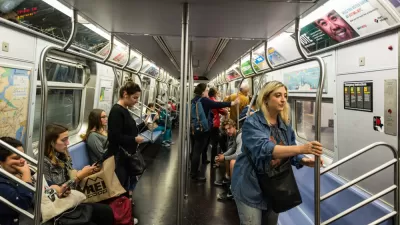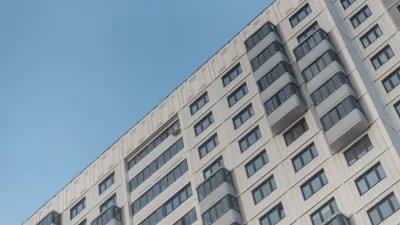As Shanghai prepares to host the World Expo beginning next month, the aftertaste of over-investment in Beijing's 2008 Summer Olympics and that event's now-empty venues is causing some to question the wisdom of the Expo and its long-term impact.
Many of the extravagant venues built for the 2008 Olympics in Beijing are now sitting unused, and many there say they are likely to end up costing the government much more money in the future.
"So far, the huge maintenance costs of those venues is being sustained by Chinese tourists, who pay for tickets to visit them and relive a bit of China's glory. But officials said interest is beginning to wane.
Perhaps mindful of that history, authorities in Shanghai decided that almost all the World Expo pavilions will be dismantled immediately after the fair. The site, an old industrial area that once housed a steel plant and scrap yard, will be used for exhibitions and conferences, a business sector this city is still trying to develop.
Also, officials and Shanghai residents say, the costly infrastructure improvements will continue to benefit locals long after the fair has closed down."
This year's World Expo will be the most expensive in history. Though organizers are hoping to avoid repeating the mistakes of the Beijing Olympics, some worry it may be too late.
FULL STORY: Shanghai prepares world's fair while wondering about costs

Planetizen Federal Action Tracker
A weekly monitor of how Trump’s orders and actions are impacting planners and planning in America.

Map: Where Senate Republicans Want to Sell Your Public Lands
For public land advocates, the Senate Republicans’ proposal to sell millions of acres of public land in the West is “the biggest fight of their careers.”

Restaurant Patios Were a Pandemic Win — Why Were They so Hard to Keep?
Social distancing requirements and changes in travel patterns prompted cities to pilot new uses for street and sidewalk space. Then it got complicated.

Platform Pilsner: Vancouver Transit Agency Releases... a Beer?
TransLink will receive a portion of every sale of the four-pack.

Toronto Weighs Cheaper Transit, Parking Hikes for Major Events
Special event rates would take effect during large festivals, sports games and concerts to ‘discourage driving, manage congestion and free up space for transit.”

Berlin to Consider Car-Free Zone Larger Than Manhattan
The area bound by the 22-mile Ringbahn would still allow 12 uses of a private automobile per year per person, and several other exemptions.
Urban Design for Planners 1: Software Tools
This six-course series explores essential urban design concepts using open source software and equips planners with the tools they need to participate fully in the urban design process.
Planning for Universal Design
Learn the tools for implementing Universal Design in planning regulations.
Heyer Gruel & Associates PA
JM Goldson LLC
Custer County Colorado
City of Camden Redevelopment Agency
City of Astoria
Transportation Research & Education Center (TREC) at Portland State University
Camden Redevelopment Agency
City of Claremont
Municipality of Princeton (NJ)




























